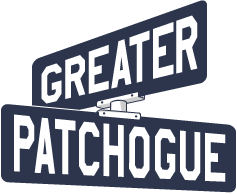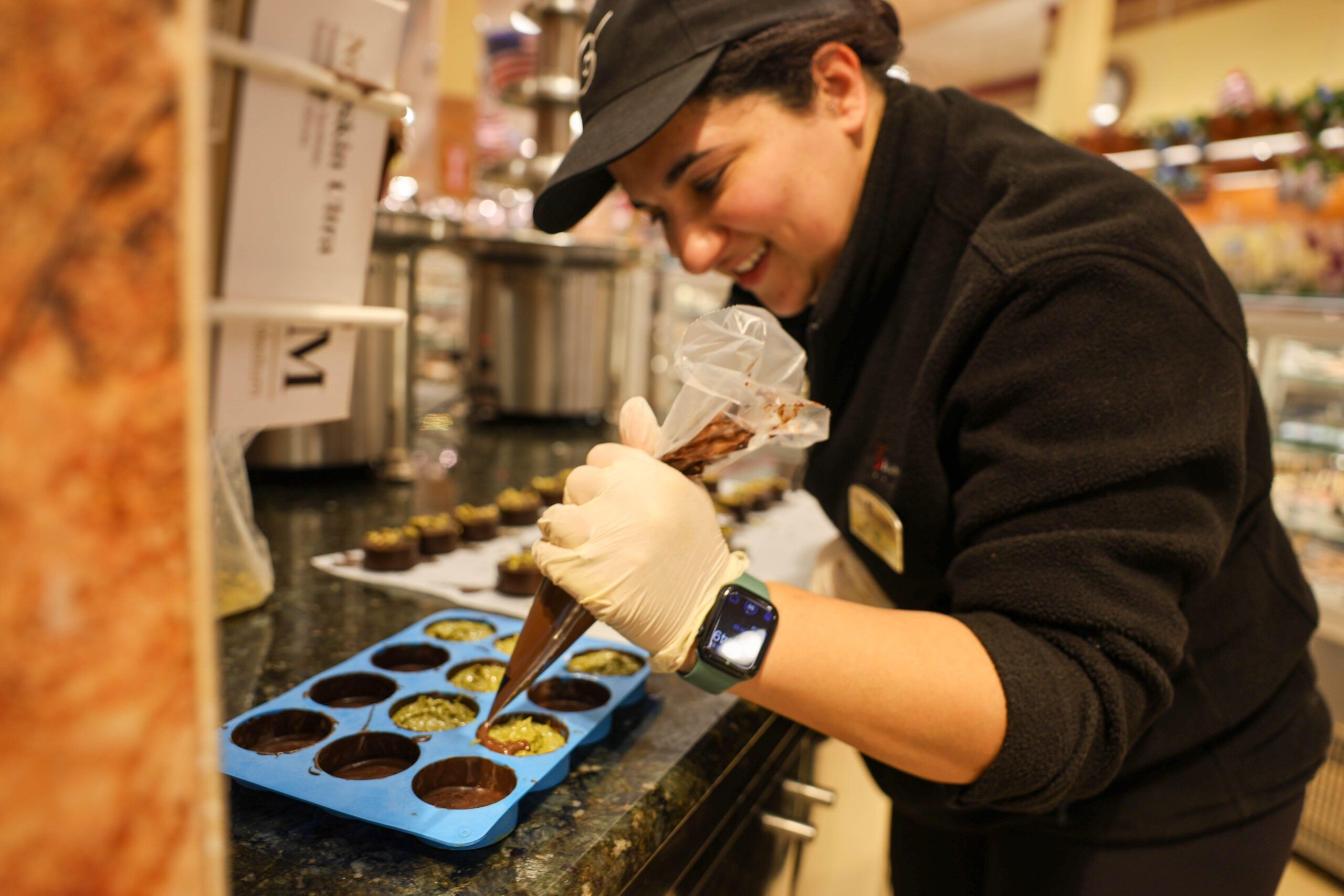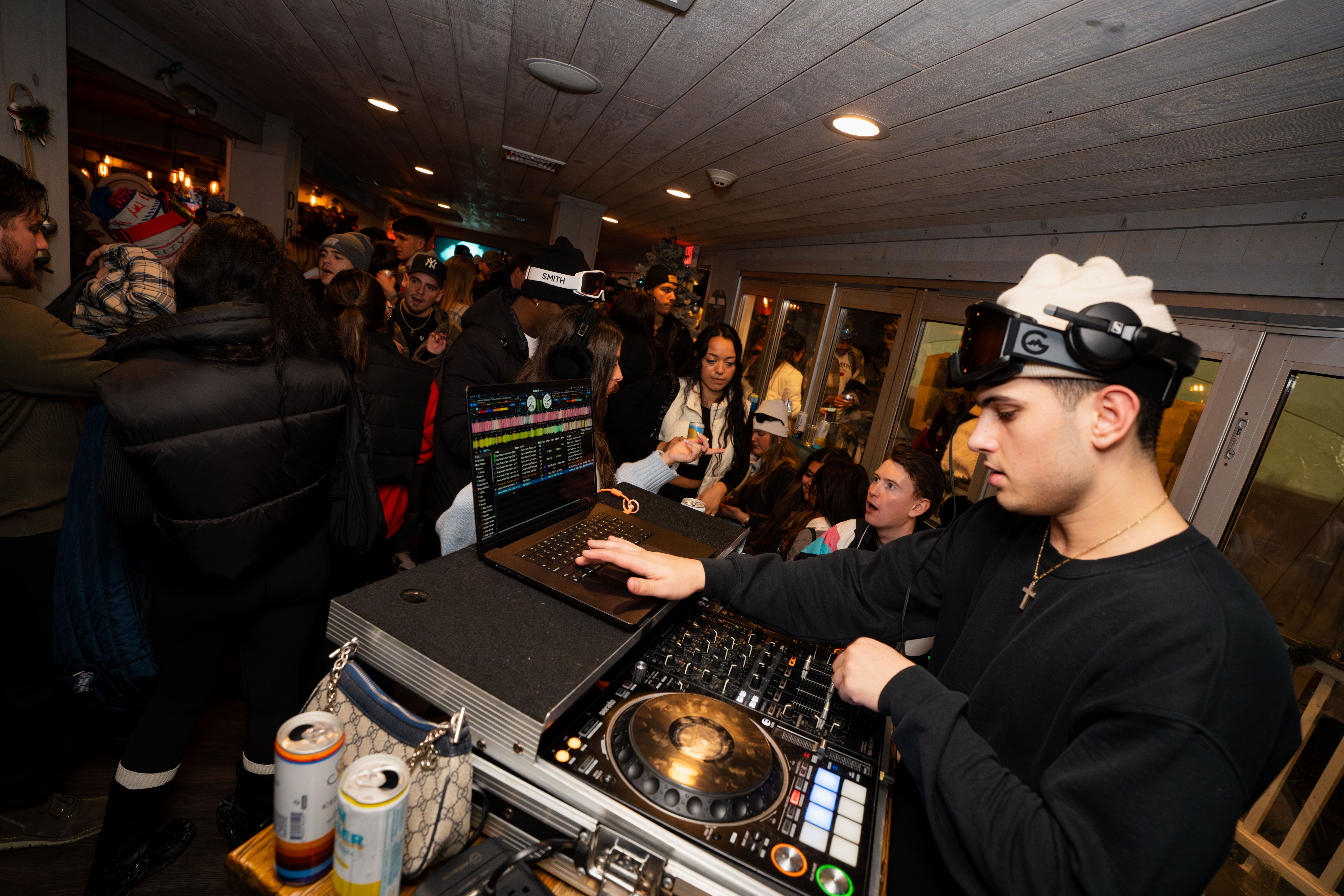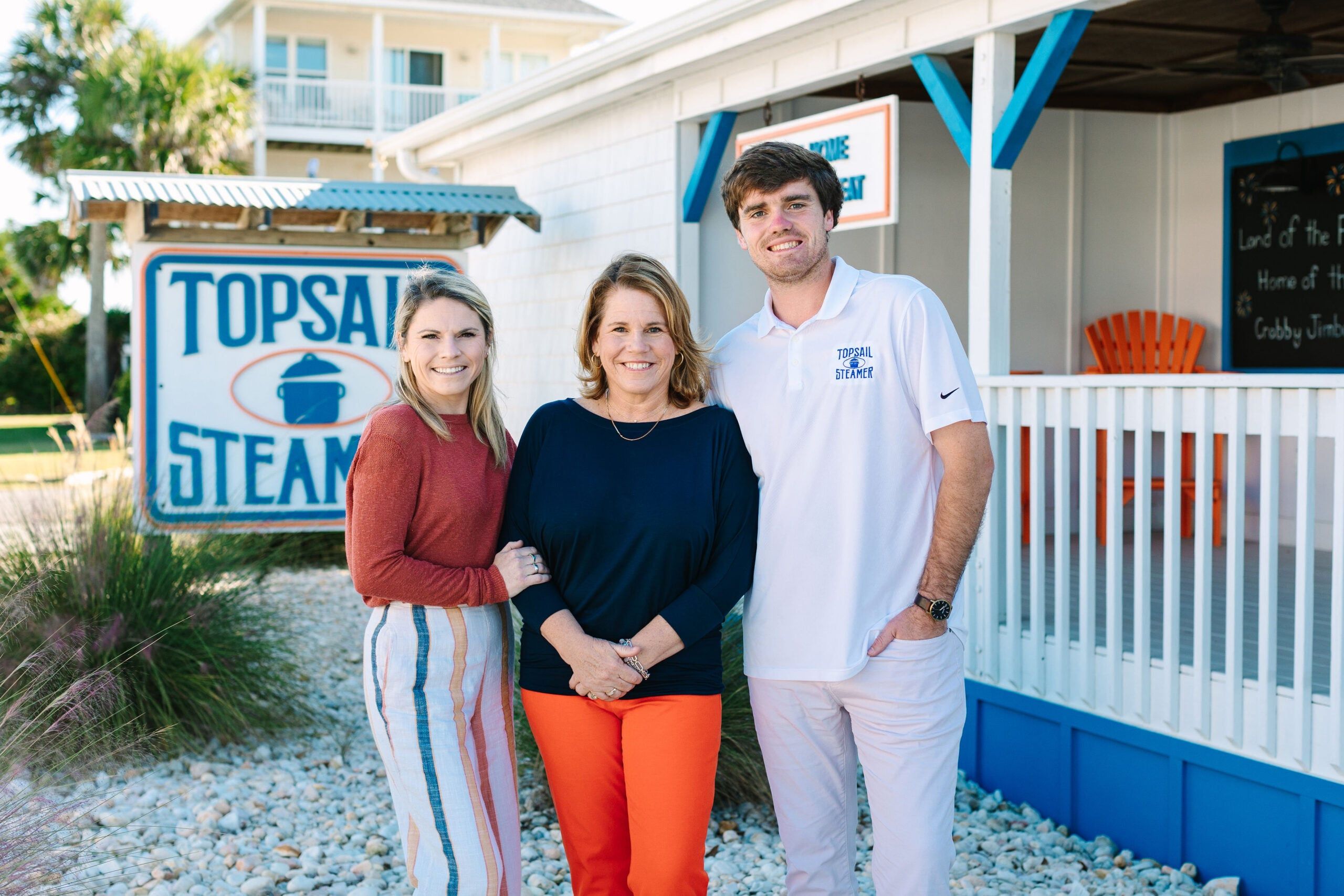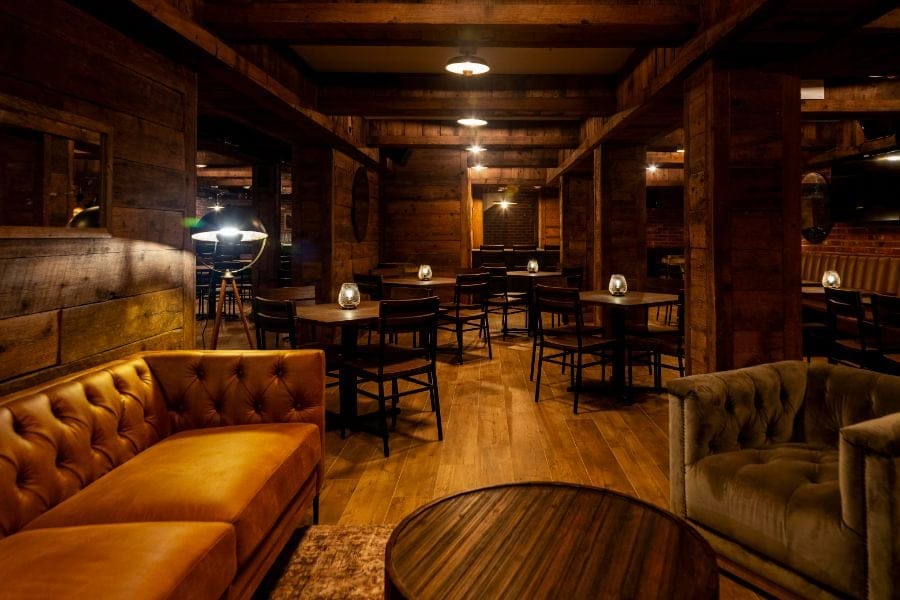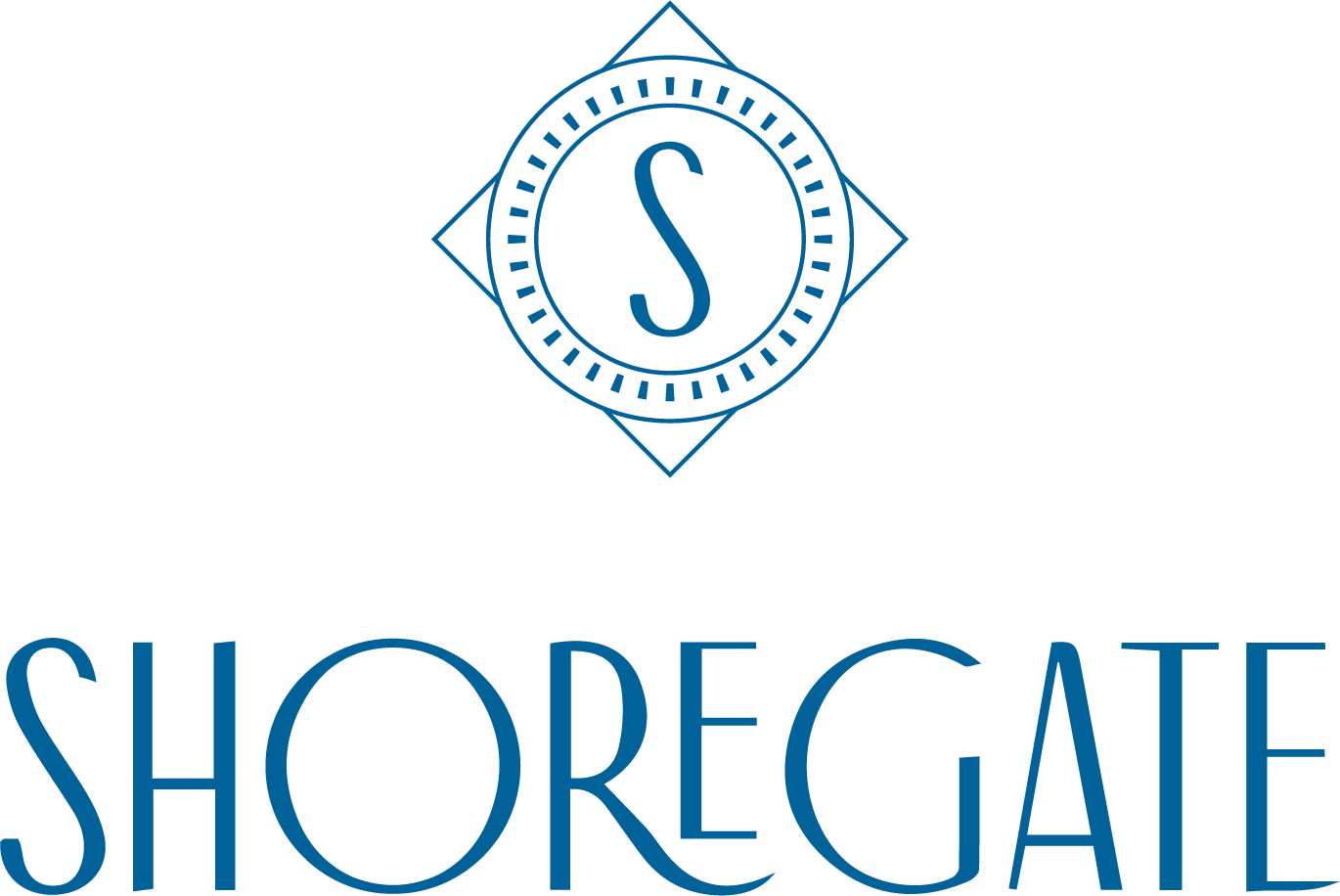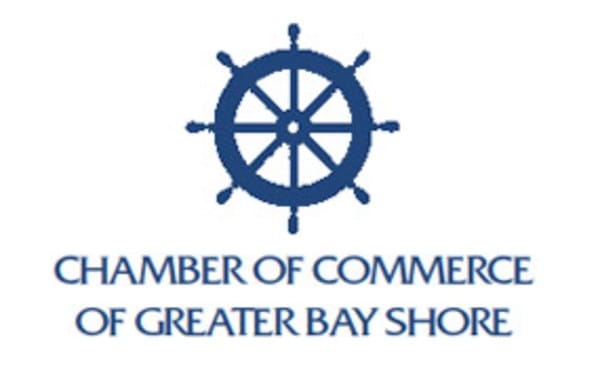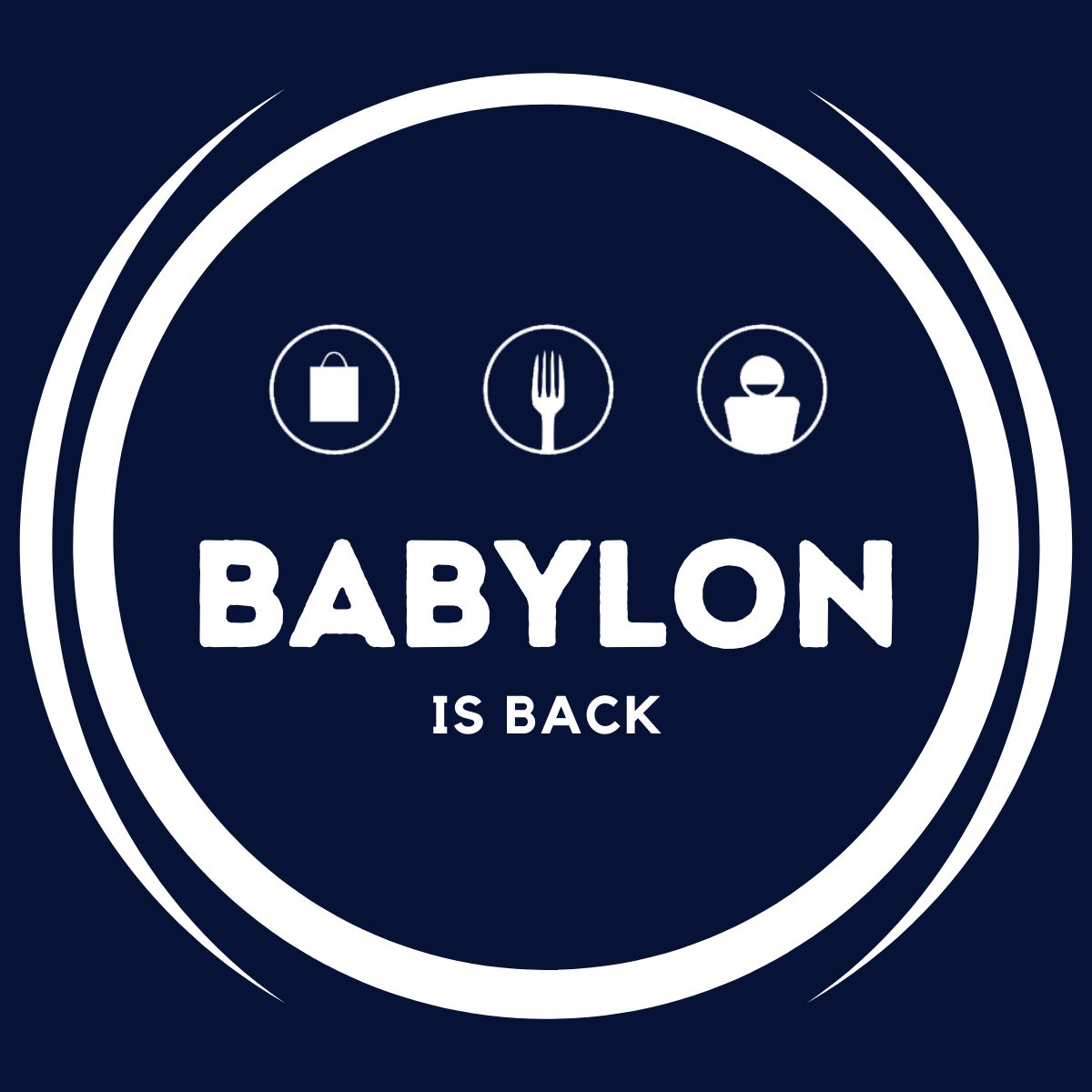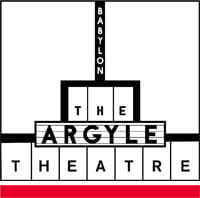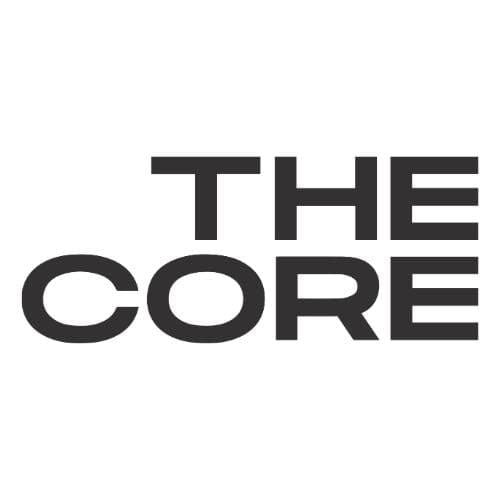
OUR SPONSOR
Greater Patchogue coverage is funded in part by New Village at Patchogue, open-concept rental residences with sleek contemporary design. Click here
for a tour.
This isn’t Lincoln-Douglas.
These aren’t pro-con arguments on topics like abortion or whether or not the word God should be included in the Pledge of Allegiance.
This is the Intercollegiate Ethics Bowl.
And the Northeast regionals were held Saturday for the first time ever at St. Joseph’s College in Patchogue.
“It’s a 360-degree ethical analysis of a real-life situation,” explained St. Joseph’s assistant professor of philosophy, Landon Frim, who hosted the event. “It’s perfectly possible that two teams will agree with each other 90 percent, but what they’re trying to suss out is the interesting differences, the fringe questions, which might bring to light something that someone didn’t think about before.”
The competition attracted teams from 25 schools in the region, including Tufts University, Dartmouth College and Franklin Pierce University, to name a few.
The schools participated in teams of five.
We found the U.S. Military Academy team facing off against Sacred Heart University in the quarterfinals, where the students were considering one of the 15 real-life cases they were told to study before Saturday’s big event.
(See below to read the entire case.)
Here was the question:
Is anyone being morally wronged in the application of the Indian Child Welfare Act (ICWA), which mandates that social services place displaced American Indian children with tribal relatives or other tribes before non-tribal placement is considered?
Part of this discussion centered on a central question of whether or not human beings are resources, and whether people, and in this case children, should be viewed as means to an end, or simply ends in and of themselves. And how the two different approaches might alter the answer to the case question.
“The [ethical] position we would take at Sacred Heart is the Kantian position, where the integrity of the individual is a really important thing,” said the one team. “By treating kids like resources, they lose their humanity in that. They’re simply used as tools to be passed around. And that’s not a correct thing to do.”
The cadets took exception to that.
“You have this idea that we’re not trying to treat people as resources, but if we’re considering resource as value-added to a society, as in, what you contribute to a society, then everyone is a resource. We all act in some way as a resource; we contribute value to our society. You offered no analysis of what ‘passed around’ specifically means.”
The teams, in short, were judged on whether their presentations were clear and concise, whether or not not they identified and thoroughly discussed the central moral dimensions of the case, and whether the team expressed awareness and thoughtful consideration of different viewpoints.
Sacred Heart bested the Military Academy by 1 point, but both schools went on to be among the top four schools, along with Union College and Tufts University, now moving on toward the national Ethics Bowl.
The Ethics Bowl is run by the Association for Practical and Professional Ethics. In February, the team from Taylor University in Indiana won the national contest.
Photo: The U.S. Military Academy team at Saturday’s Ethics Bowl regionals at St. Joseph’s College. (Michael White)
Ethics Bowl SECOND CASE – quarterfinal
